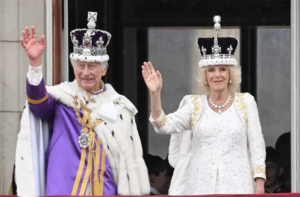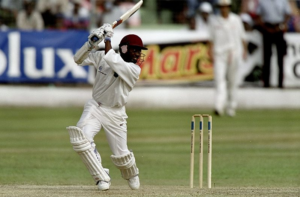Death penalty still constitutional in Guyana
THE DEATH SENTENCES handed down against three former Guyana Defence Force (GDF) Coast Guards for robbery and murder, revived arguments about the constitutionality of the practice by the state.
The three GDF soldiers, Devon Gordon, Deon Greenidge, and Sherwyn Harte, were found guilty in 2013 of robbing and killing Dweive Kant Ramdass.
The men robbed Ramdass of G$17M (US$85,000) then killed him in 2009.

The Trial Judge, Justice Franklyn Holder, imposed death sentence on all three defendants who later appealed their sentences to the Court of Appeal (CoA). The CoA quashed their death sentences and imposed life imprisonment on the three convicts instead.
The Death Penalty Project, an internationally recognised Non-Governmental Organisation (NGO) that uses the law to protect prisoners facing execution and achieve fairer and more humane justice systems, had joined the matter to challenge Guyana’s justice system on imposing the controversial death penalty.
In a statement issued on the matter, Barristers from UK-based Doughty Street Chambers, who were among the Attorneys that represented the case against the death penalty, said that while the Court of Appeal declined to strike down the death penalty as unconstitutional, three death sentences were overturned and replaced with life sentences.
The UK-based Law Firm said that it offered assistance to the appellants and supported their legal team in Guyana which included C.A Nigel Hughes (of the Bar of Guyana) and Douglas Mendes, SC (of the Bar of Trinidad and Tobago). Douglas Mendes, SC presented the legal arguments in the Court of Appeal. Assisting with this case were the Death Penalty Project and a team of Barristers from Doughty Street Chambers, Edward Fitzgerald KC, Joe Middleton and Pippa Woodrow.
In the course of the Appeal, the team provided evidence to the Court from leading academics.
“The evidence showed that capital punishment does not act as a greater deterrent to crime than lesser forms of punishment and that there is a growing consensus that capital punishment is inherently inconsistent with respect for the rule of law,” the Law Firm said in the release.
They argued that the death penalty was unconstitutional, being arbitrary, irrational, disproportionate, and contrary to the constitutional principle of the rule of law. The Law Firm noted however, that the CoA has not accepted these arguments and has declined to declare capital punishment unconstitutional in Guyana.
The Guyana Court of Appeal in overturning the Appellants’ death penalty argued that it was unconstitutional for the Trial Court to hand down the death penalty automatically without affording the appellants individualised sentencing hearings.
The Law Firm remains convinced that failure to declare capital punishment as unconstitutional in the South American Republic remains a breach of the three former soldier’s constitutional rights.
“We consider that the Court of Appeal should have declared all death sentences unconstitutional. The legal team will now explore a further appeal to the Caribbean Court of Justice,” (CCJ), the Firm said in its press release.









